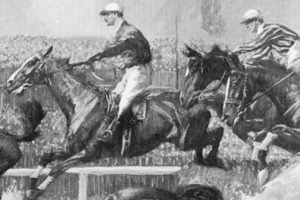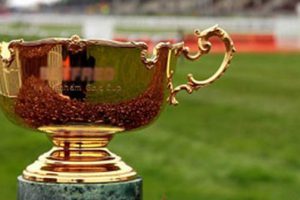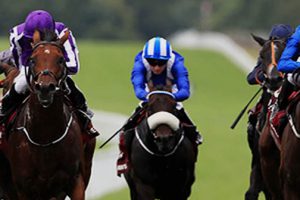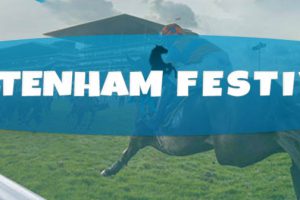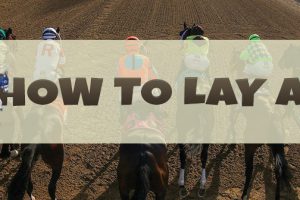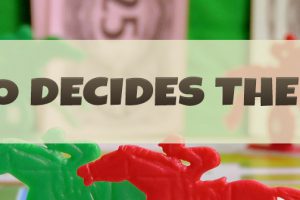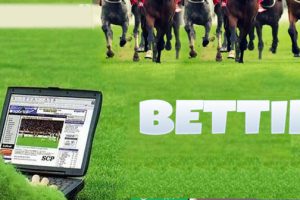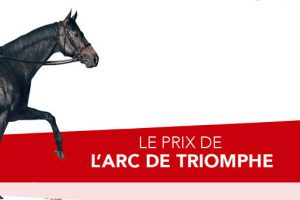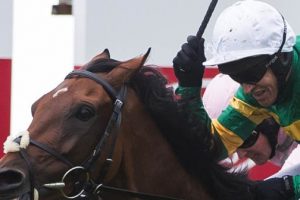Learning to understand odds is not as difficult as it may at first seem, on this page we aim to give a crash course in explaining the basics of odds and how they work in horse racing.
If you are betting on course or off course the basics of how odds work are the same in the U.K. and Ireland. Normally you will see a list of horse names with various figures quoted next to them, these figures are the odds. Displayed in a fractional format (example: 10/1) This method of displaying odds is favored by bookmakers in Ireland and the United Kingdom, there are other methods but we will ignore those for now.
How Bookmakers Arrive At Odds
So what does this figure 10/1 actually mean? The fractional odds of 10/1 quoted is the net total that will be paid out to the bettor, should he win, relative to his stake. On odds of 10/1 (“ten-to-one”) the bettor stands to make a £100 profit on a £10 stake. The bettor will also get his original stake back making a total of £110 in money returned from the bookmaker for his £10 bet.
Types Of Odds
Odds of 10/1 are not uncommon but you will often see racing favorites at odds of 1/1, so what does that mean? 1/1 is also referred to as ‘Evens’ or ‘Even’s Money’ it simply means you will get back the same amount of money as you bet. So if you place an evens money bet (1/1) of £10 you will win back £10, that might sound at little silly as you’re only getting back what you bet! Just remember that if you’re horse wins you will also get your original stake back too, so a £10 evens money bet will give you £20 back in your hand.
If a horse is a red hot favorite to win a race you may see it quoted at odds of 1/4 (one-to-four) don’t confuse this with 4/1 (four-to-one). 1/4 actually means that you are getting less than evens money! So a £10 bet at 1/4 will return just £2.50 and you’ll get back your £10 stake which makes £12.50 in total.
Who Decides The Odds?
You might be wondering who actually decides what odds on each horse? You may think it’s the bookmaker, but you’d be wrong! Ultimately it’s the people betting on the horses who decide the odds.
If you’ve ever watched a horse race on T.V. or at the track you will notice that the odds on a horse can change minute by minute. The odds are changing because more people are betting on one horse than another.
The bookmaker who is taking the bets wants to make a profit at the end of the race, to do this he will adjust the odds right up until the race starts. If too many people start betting on a particular horse the bookmaker will reduce the odds on that horse, making it less attractive for people to bet on. He may also increase the odds on the rest of the horses making it more attractive for people to bet on them instead.
If the bookmaker gets his sums right then it will not matter to him which horse wins the race, he will be guaranteed a profit regardless of the outcome. So how does the bookmaker do this?
Actually it’s pretty simple, here’s the example:- Let’s say I ask you to randomly pick a day of the week, the probability of you choosing Saturday is a seven in one chance. The odds of you picking any particular day are seven in one. So I could offer odds of 7/1 to anyone wanting to take this bet. Yet at odds of 7/1 I cannot be guaranteed to make a profit, to make a profit I would need to offer odds of 6/1 on any individual day. Thus ensuring whatever any day people choose I will be in profit, as the true odds are not the same as the odds I am offering.
In the trade this is known as an over round book, all bookmakers try to achieve this over roundness to guarantee profits for themselves. This is not to say that bookmaker will not loss money on individual races, but over time using this system the bookmaker will always come out on top.


